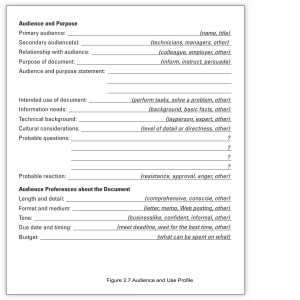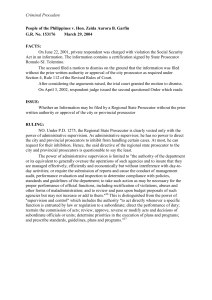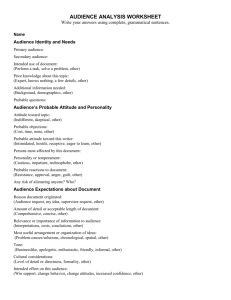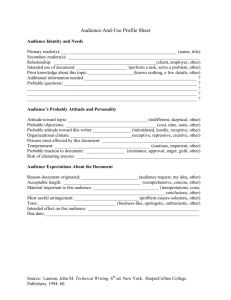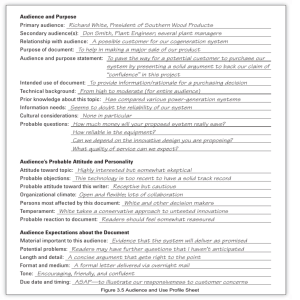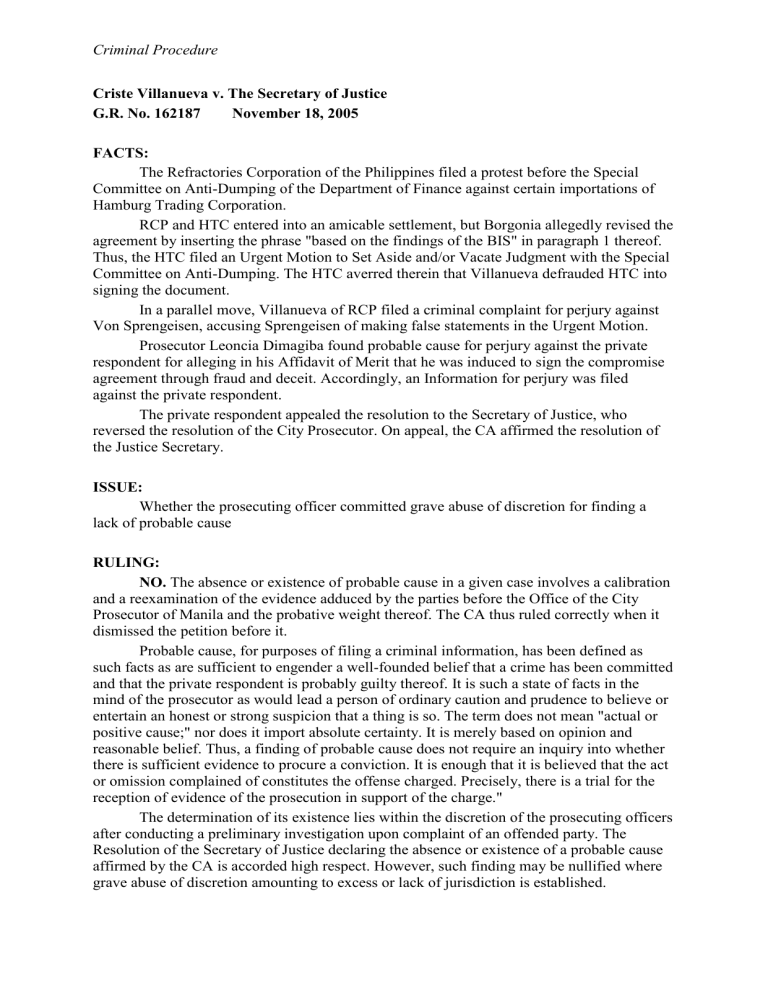
Criminal Procedure Criste Villanueva v. The Secretary of Justice G.R. No. 162187 November 18, 2005 FACTS: The Refractories Corporation of the Philippines filed a protest before the Special Committee on Anti-Dumping of the Department of Finance against certain importations of Hamburg Trading Corporation. RCP and HTC entered into an amicable settlement, but Borgonia allegedly revised the agreement by inserting the phrase "based on the findings of the BIS" in paragraph 1 thereof. Thus, the HTC filed an Urgent Motion to Set Aside and/or Vacate Judgment with the Special Committee on Anti-Dumping. The HTC averred therein that Villanueva defrauded HTC into signing the document. In a parallel move, Villanueva of RCP filed a criminal complaint for perjury against Von Sprengeisen, accusing Sprengeisen of making false statements in the Urgent Motion. Prosecutor Leoncia Dimagiba found probable cause for perjury against the private respondent for alleging in his Affidavit of Merit that he was induced to sign the compromise agreement through fraud and deceit. Accordingly, an Information for perjury was filed against the private respondent. The private respondent appealed the resolution to the Secretary of Justice, who reversed the resolution of the City Prosecutor. On appeal, the CA affirmed the resolution of the Justice Secretary. ISSUE: Whether the prosecuting officer committed grave abuse of discretion for finding a lack of probable cause RULING: NO. The absence or existence of probable cause in a given case involves a calibration and a reexamination of the evidence adduced by the parties before the Office of the City Prosecutor of Manila and the probative weight thereof. The CA thus ruled correctly when it dismissed the petition before it. Probable cause, for purposes of filing a criminal information, has been defined as such facts as are sufficient to engender a well-founded belief that a crime has been committed and that the private respondent is probably guilty thereof. It is such a state of facts in the mind of the prosecutor as would lead a person of ordinary caution and prudence to believe or entertain an honest or strong suspicion that a thing is so. The term does not mean "actual or positive cause;" nor does it import absolute certainty. It is merely based on opinion and reasonable belief. Thus, a finding of probable cause does not require an inquiry into whether there is sufficient evidence to procure a conviction. It is enough that it is believed that the act or omission complained of constitutes the offense charged. Precisely, there is a trial for the reception of evidence of the prosecution in support of the charge." The determination of its existence lies within the discretion of the prosecuting officers after conducting a preliminary investigation upon complaint of an offended party. The Resolution of the Secretary of Justice declaring the absence or existence of a probable cause affirmed by the CA is accorded high respect. However, such finding may be nullified where grave abuse of discretion amounting to excess or lack of jurisdiction is established.
